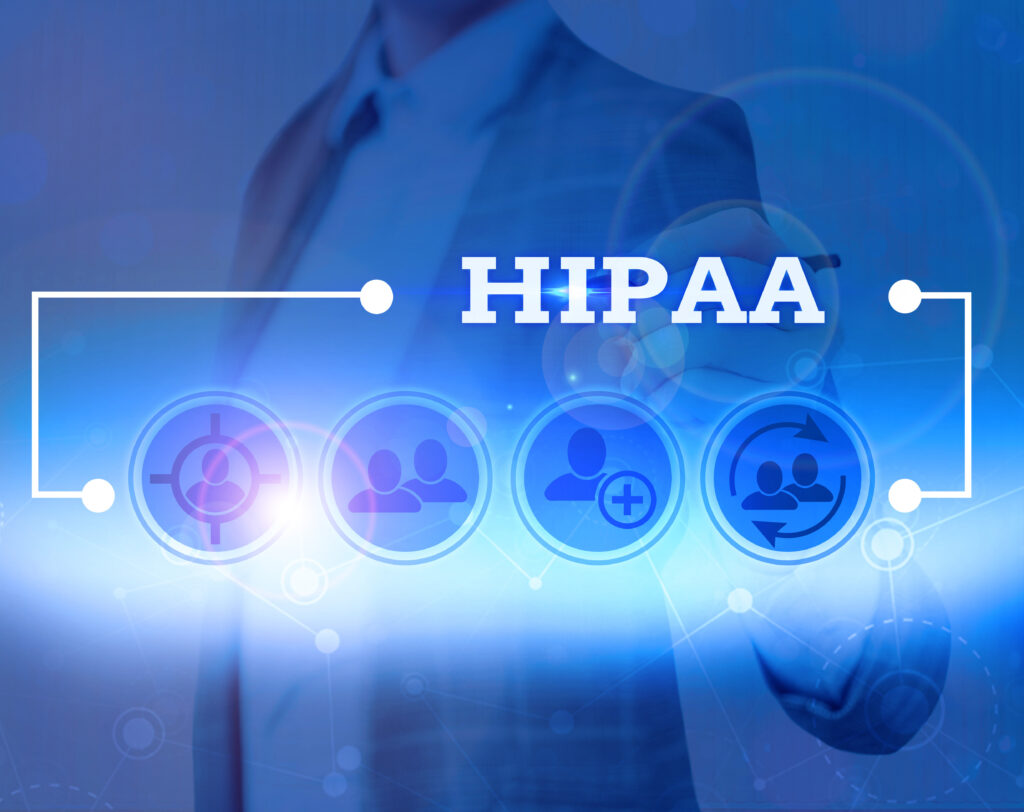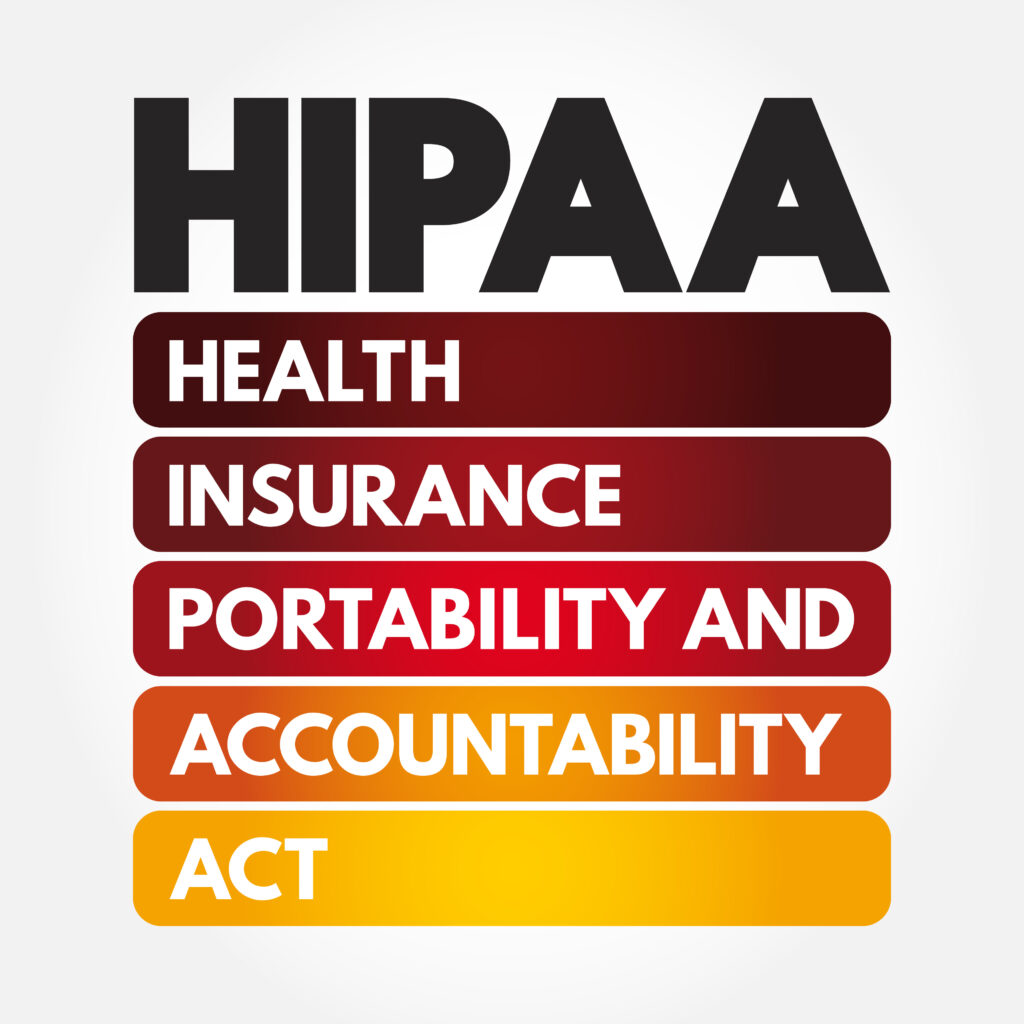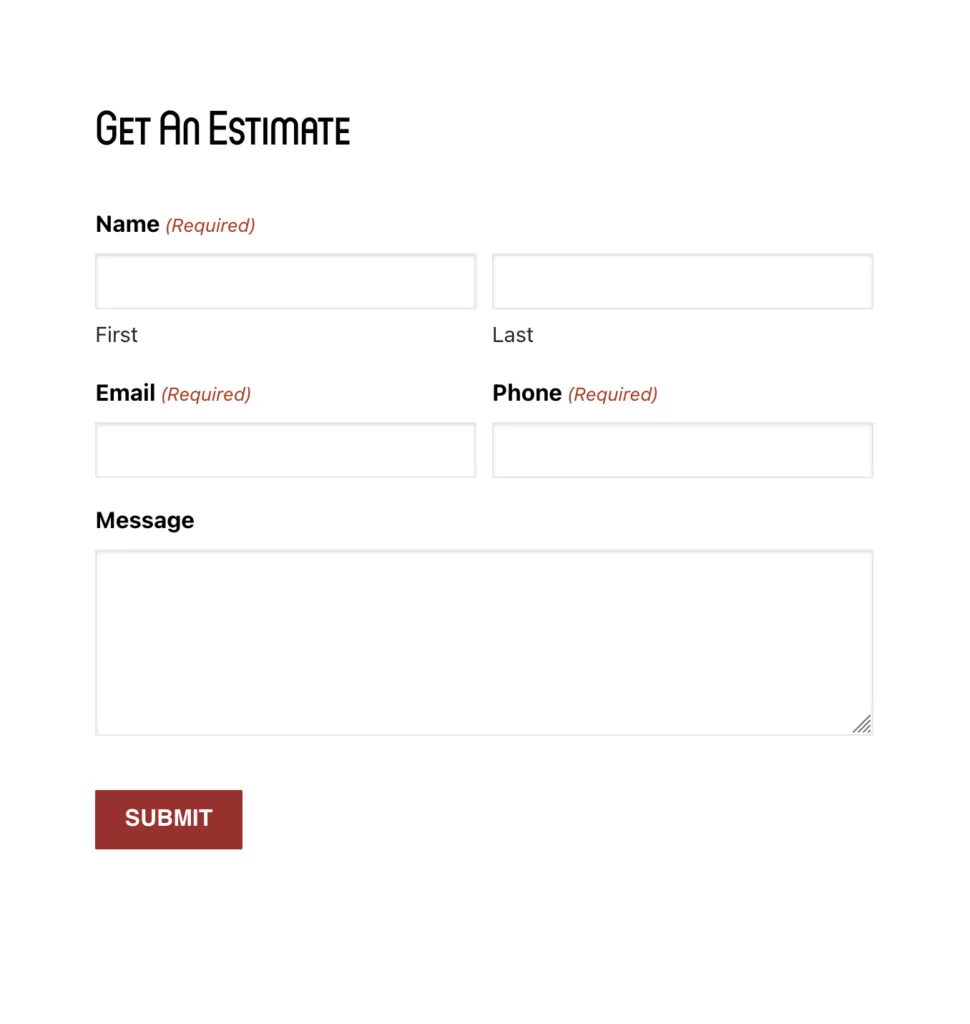
Demystifying HIPAA Compliance: Understanding The Basics
Sensitive health information needs to be protected more than ever in the current digital age. Healthcare organizations must implement measures for HIPAA compliance due to the growing use of electronic health records and data breaches.
What is HIPAA?
The Health Insurance Portability and Accountability Act (HIPAA) is a federal law enacted in 1996 with the objective of protecting sensitive health information from unauthorized disclosure. HIPAA applies to healthcare providers, health plans, and healthcare clearinghouses. Additionally, their partners who handle protected health information (PHI) on behalf of these entities are also mandated to follow HIPAA regulations. PHI encompasses any data that identifies an individual and relates to their medical history, conditions or payment records.
The Importance of HIPAA Compliance
Ensuring HIPAA compliance is imperative for healthcare providers to comply with legal requirements and uphold the trust of their patients. The adherence to HIPAA regulations demonstrates a vigilant approach towards safeguarding patient privacy, ensuring confidentiality and authenticity in sensitive health information handling. Healthcare providers make patient privacy their top priority, resulting in boosted confidence and trust within patients.
Not following HIPAA rules can lead to face severe consequences, including hefty fines, damage to their reputation, and legal charges.
HIPAA Privacy Rule
The HIPAA Privacy Rule sets national standards for safeguarding protected health information (PHI) of patients. This regulation applies to both covered entities and their associates, governing the manner in which PHI can be shared. Specific purposes, such as treatment, payment, and healthcare operations are permitted uses of PHI under this rule. Additionally, The Privacy Rule grants certain patient rights such as access to their PHI records along with provisions for editing any errors within it or getting details regarding who accessed their information.
Covered entities must safeguard PHI to protect patients’ privacy. They should only disclose the minimum necessary information for its intended purpose as required by the Privacy Rule. Healthcare organizations must abide by HIPAA regulations and establish written privacy policies and procedures. It is recommended to assign a designated privacy officer who ensures compliance and imparts training to staff members on HIPAA privacy policy.
HIPAA Security Rule
The HIPAA Security Rule aims to safeguard electronic PHI or ePHI. Entities required to comply with the rule are obliged to establish appropriate safeguards for protecting the privacy, security, and accessibility of ePHI. These safeguards restrict unauthorized access and shield ePHI from potential vulnerabilities that could lead to data breaches. The ultimate goal is to ensure a secure and compliant environment for processing, storing, and transmitting sensitive healthcare information electronically.
To comply with the Security Rule, organizations must conduct a thorough risk analysis to identify potential risks and vulnerabilities to ePHI and implement appropriate security measures to address these risks. They need to do a few things to keep electronic patient health information safe. First, write policies on how to do it. Then, pick someone to be in charge of it.
HIPAA Breach Notification Rule
The HIPAA Breach Notification Rule requires covered entities and their business associates to promptly notify affected individuals, the Department of Health and Human Services (HHS), and in some cases, the media, in the event of a breach involving unsecured PHI. When someone uses or shares protected health information in a way that they shouldn’t, it’s called a breach. This can make information less private and secure.
Upon discovering a breach, organizations should promptly assess the risks and determine if patient health information (PHI) has been compromised. In case of a breach, affected individuals must be notified within 60 days from the date of identification. Breaches impacting more than 500 individuals necessitate reporting to both HHS and media outlets, in addition to individual notifications.
Additional HIPAA Rules and Provisions
Healthcare organizations must comply with additional provisions outlined in HIPAA, apart from the Privacy, Security, and Breach Notification Rules. These provisions are crucial for compliance and include:
- The HIPAA Transactions and Code Sets Rule: The sharing of healthcare data electronically has been made easier with a new rule that applies to claims, payments, and eligibility requests. Healthcare organizations can benefit from adopting consistent formats and codes, which simplifies administrative tasks and reduces transmission errors.
- The HIPAA Unique Identifiers Rule: According to regulations, healthcare providers, health plans, and employers must possess a designated identification number. These IDs, namely NPI, HPID, and EIN simplify data sharing and diminish the possibility of errors.
- The HIPAA Omnibus Rule: The HIPAA Omnibus Rule, introduced in 2013, reinforced existing regulations and enhanced safeguards for Protected Health Information (PHI). The updated requirements apply to business associates and their subcontractors. Additionally, it modifies the Breach Notification Rule and strengthens enforcement mechanisms including penalties.

Staying Updated on HIPAA Compliance
It’s integral to keep up-to-date on compliance best practices and HIPAA changes to safeguard patients’ health data. To achieve this, organizations should attend webinars, industry conferences, seek expert advice from compliance professionals and regularly check for updates from the Department of Health and Human Services.
Want more information on how to support your organization?




